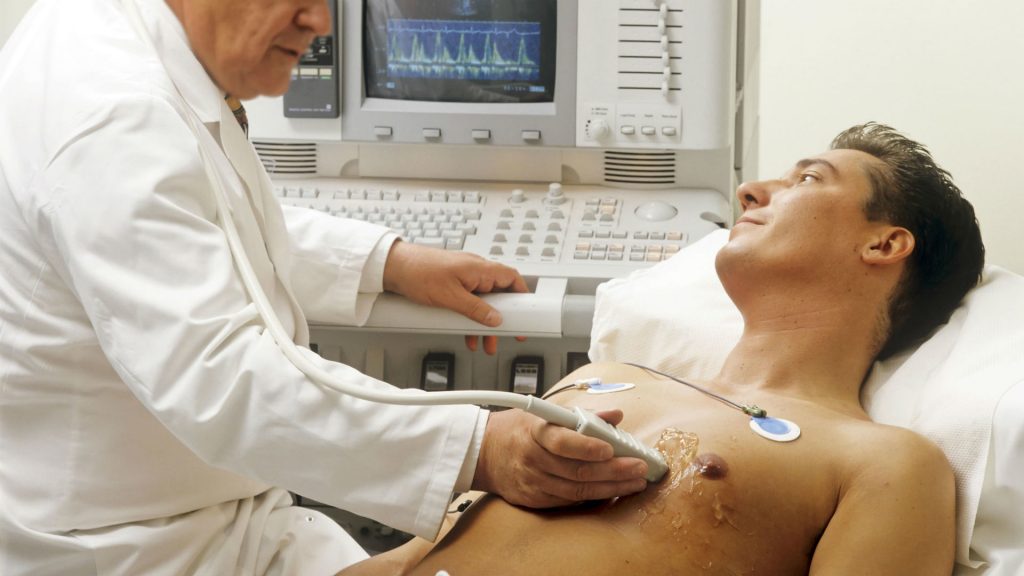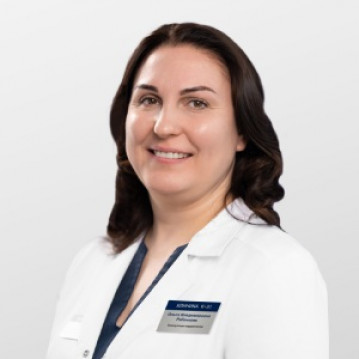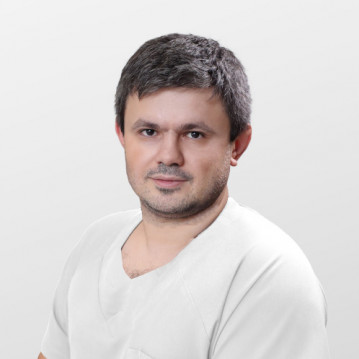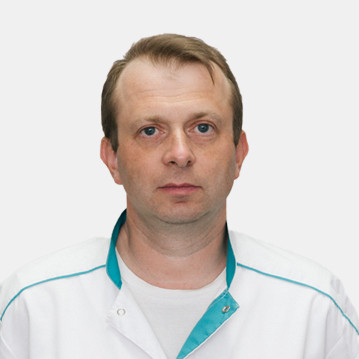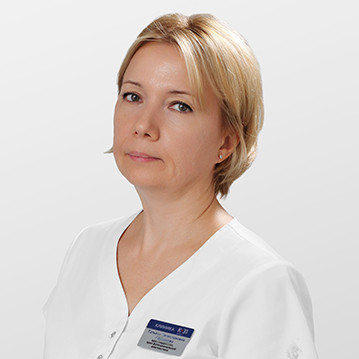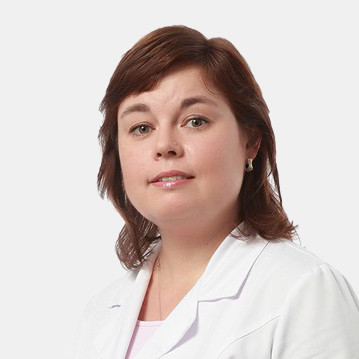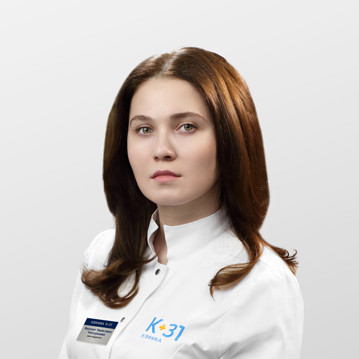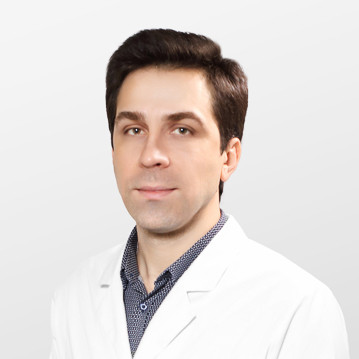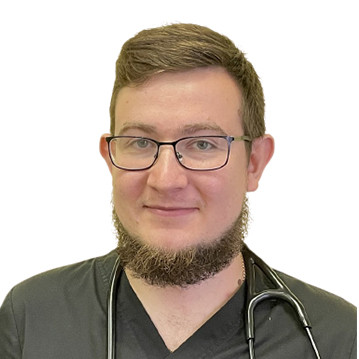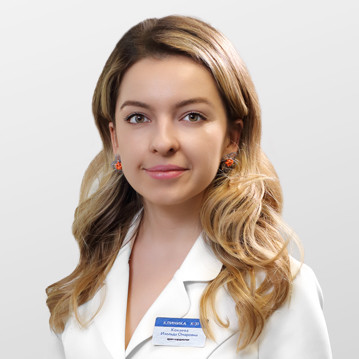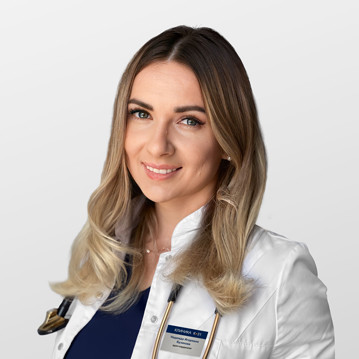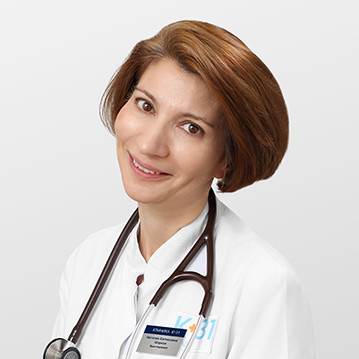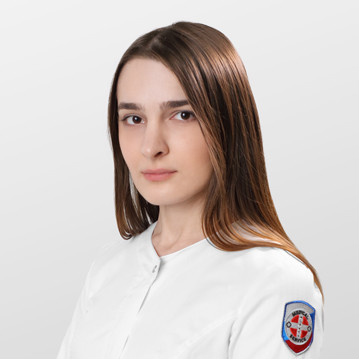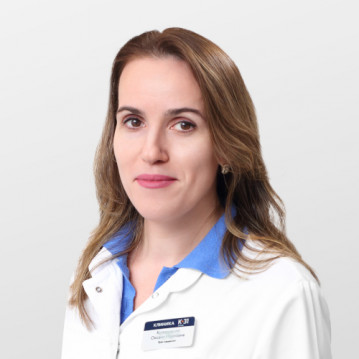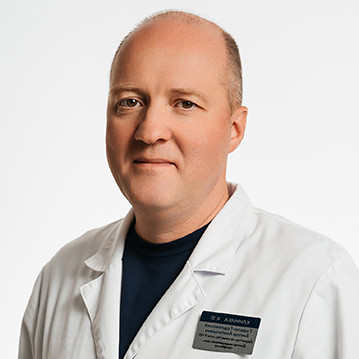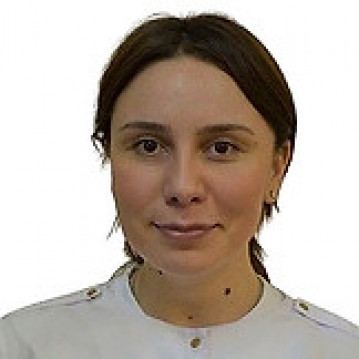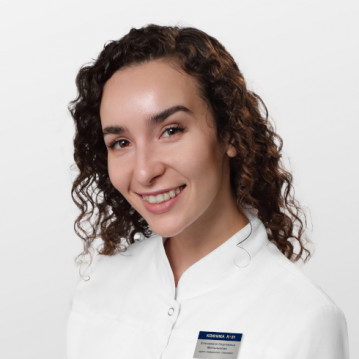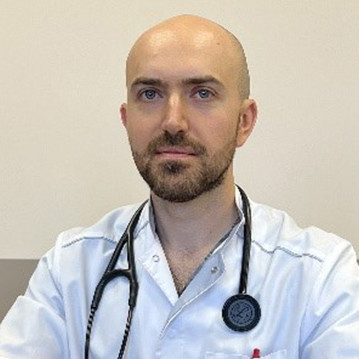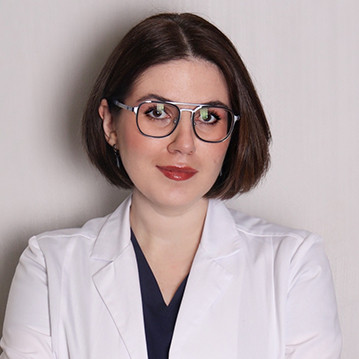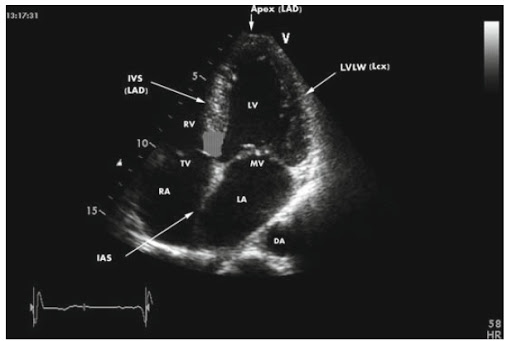
Показания к ЭХО-КГ
Принцип работы ЭХО-КГ такой же, как и у любого УЗИ исследования: датчик посылает к сердцу ультразвуковые волны, которые отражаются от структур сердца и возвращаются обратно к датчику, после чего происходит их анализ и интерпретация в виде изображения на мониторе аппарата.
Как часто необходимо проходить ЭХО-КГ?
Кратность обследования определяет врач – кардиолог.
Динамическое обследование пациентов, в среднем 1 раз в год, рекомендуется у пациентов:
- с заболеваниями сердца, принимающие лекарственные препараты, для оценки их эффективности;
- после кардиохирургических операций,
- с поражениями клапанов сердца (пороками сердца) для определения необходимости своевременного кардиохирургического лечения
- с расширением грудного отдела аорты
- с заболеваниями сердечной мышцы (миокарда), например, гипертрофической кардиомиопатией, миокардитом
- с дефектами межжелудочковой или межпредсердной перегородок
- профессиональных спортсменов, летчиков
Однократное обследование зачастую необходимо перед плановым хирургическим вмешательством у пациентов с высоким риском сердечно-сосудистых заболеваний. Противопоказаний, специальной подготовки к исследованию нет, но возможность ультразвукового исследования может быть ограничена из-за избыточного веса пациента, строения грудной клетки.
Эхокардиография показана пациентам при подозрении на заболевание сердца или с уже известной патологией сердца, чаще всего это больные с:
- повышенным артериальным давлением
- болями в области грудной клетки
- одышкой, чувством нехватки воздуха
- нарушениями ритма сердца, учащенным/неровным/редким сердцебиением
- обмороками, головокружением
- длительной лихорадкой (повышением температуры тела)
- отеками нижних конечностей
- изменениями на ЭКГ (электрокардиограмме)
- с шумом в сердце, который определяет врач при выслушивании сердца
- изменениями сердечной тени на рентгенограмме органов грудной клетки
- отягощенной наследственностью по сердечно-сосудистым заболеваниям
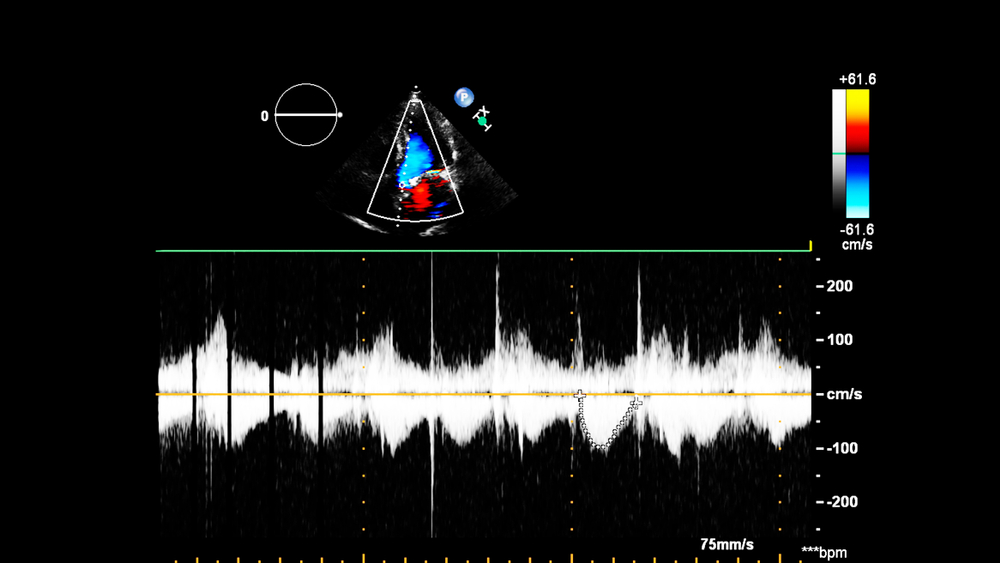
ЭХО-КГ выполняется при периодическом появлении отеков на ногах ближе к вечеру, в случае частых обмороков, скачков артериального давления, акроцианоза (темный цвет наиболее удаленных точек тела: кончик носа, губы, кончики пальцев и т.д.).
Показанием к ЭХО-КГ является наличие шумов в сердце, стойкие нарушения ритма, перенесенные тяжелые ангины и бактериальные инфекции почек, травмы сердца, "плохая" электрокардиограмма.
Что позволяет выявить ЭХО-КГ?
С помощью ЭХО-КГ измеряются такие параметры сердца, как объем полостей, толщина стенок желудочков и предсердий, площадь и диаметр клапанов, наличие регургитациии крови (ток в обратном направлении при патологии клапанов), фракция выброса – все это играет огромную роль в диагностике заболеваний сердечно-сосудистой системы. Определяются также:
- Всевозможные врожденные пороки развития сердца: тетрада Фалло, открытое овальное окно, незаращение Боталлова протока и др.;
- Приобретенные пороки развития: стеноз и недостаточность клапанов сердца;
- Следы активных или перенесенных инфекций в сердце: эндо-, мио- и перикардита, хронической ревматической болезни сердца;
- Участки миокарда со сниженной сократительной активностью: зоны дис-, гипо- и акинеза, возникающие после инфаркта миокарда, тяжелого миокардита;
- Наличие тромбов внутри сердца, что характерно для хронических аритмий;
- Состояние эпикарда (наружной выстилки сердца), перикарда (сердечной "сорочки"), сердечной сумки на предмет наличия в ней жидкости;
- Состояние начальных отделов аорты, например ее расслоение в восходящей части.
Трудности при выполнении ЭХО-КГ
ЭХО-КГ не имеет противопоказаний, однако в некоторых случаях при ее выполнении могут возникнуть определенные трудности. У пациентов с деформированной грудной клеткой нарушается нормальное анатомическое расположение ребер, грудины и межреберных промежутков, что затрудняет визуализацию сердца из стандартного положения.
Плохой сигнал может быть получен у женщин с большим размером молочной железы.
Исследование сердца через переднюю стенку груди может оказаться невозможным в случае наличия здесь обширной раны.
Во всех этих случаях альтернативным вариантом может быть чреспищеводная ЭХО-КГ.
Преимущества ЭХО-КГ
К основным преимуществам ЭХО-КГ можно отнести высокую диагностическую ценность метода, абсолютную безвредность для организма, отсутствие необходимости инвазивного вмешательства, отсутствие неприятных ощущений (для трансторакальной ЭХО-КГ), низкую стоимость в соотношении "цена-информативность".
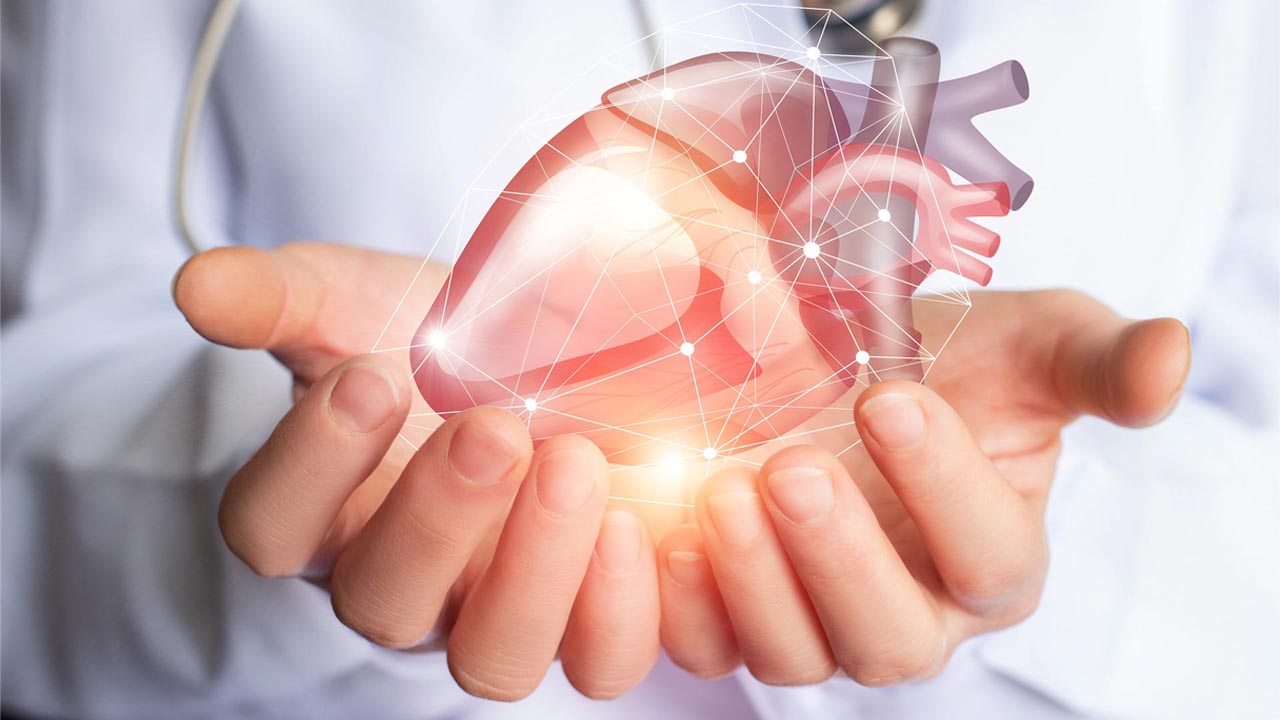
Недостатки ЭХО-КГ
Главный недостаток ЭХО-КГ – необходимость в дорогостоящем оборудовании и наличии квалифицированного специалиста, который умеет пользоваться этим оборудованием и интерпретировать полученные данные в привычное для нас заключение.
ЭХО-КГ в клинике К+31
Клиника К+31 лишена этих недостатков: в нашем медицинском центре установлены современные аппараты для проведения ультразвуковых исследований, в том числе и для эхокардиографии. Мы держим в фокусе здоровье пациентов и проводим все исследования на новейшей аппаратуре, приводя к минимуму риск диагностической ошибки.
Также в штате нашей клиники есть специалисты, владеющие техникой ЭХО-КГ на самом высоком уровне. Все это в совокупности позволяет нам точно и безошибочно поставить диагноз, назначить правильное лечение и сохранить здоровье для Вас .
